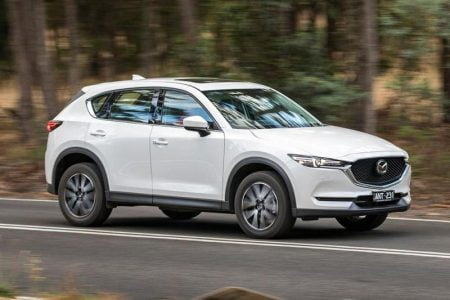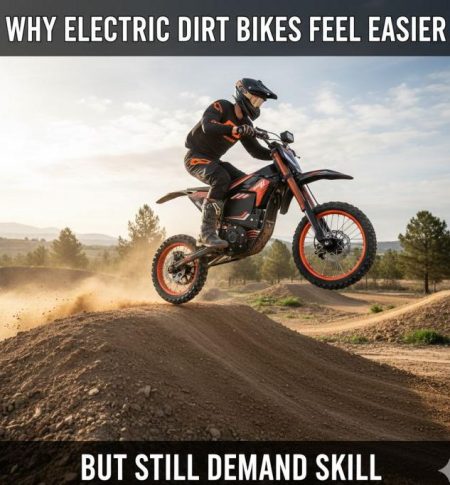Not sure if you want a caravan or a camper trailer? You’re not alone. It’s one of the most common dilemmas for people getting into off-grid travel or simply looking to upgrade their current setup. Trailers are lightweight and easy to tow. Full vans are comfortable and better in bad weather. But what if you didn’t have to pick between them?
That’s where hybrid caravans come in. They’re the sweet spot in the middle – rugged enough for bush tracks, but comfortable enough to sleep in during a storm. And they’ve grown in popularity for a reason: they make travel simpler without stripping it back to the bare bones.
Built Tough, But Not Bulky
Traditional caravans can be a headache to tow through tight tracks or steep inclines. Camper trailers handle that terrain better, but they can leave you exposed to the elements and limited in comfort. Hybrid caravans offer the best of both.
They’re built on strong off-road chassis, usually with better clearance than your average van. That means they can handle gravel roads, steep bush tracks, and uneven terrain, but they’re still more compact and streamlined than a full-size van. You get rugged capabilities without dragging a mini house behind you. And because they’re lighter, you don’t need a heavy-duty tow vehicle just to bring one along.
Comfort Where It Counts
Sleeping on a stretcher in the cold is fine once or twice. But if you’re travelling often or doing longer trips, that novelty wears off fast.
One of the biggest reasons people upgrade to hybrids is the comfort. We’re talking:
- Proper mattresses – No more inflatable beds or thin foam pads
- Hard walls and roof – Protection from wind, rain, and noisy neighbours
- Internal cooking options – Great for when the weather turns
- Fridge and storage space – Everything has its place
You don’t have to pack up the kitchen every time you stop or climb into a tent in the dark. The setup is faster, and once you’re parked, you’re actually relaxed, not just “camping relaxed.”
Setup That Doesn’t Break Your Back
Let’s face it: the novelty of setting up camp wears off quickly when it takes half an hour of pegs, zippers, and awkward lifting. One of the key benefits of hybrids is how fast and easy it is to get settled.
Many models use pop-top roofs or slide-outs to expand space without adding bulk. That means:
- Quicker setup when you pull in late
- Less crawling around on the ground
- Fewer things to go wrong in the rain or wind
The faster setup also means more time actually enjoying your trip, whether that’s relaxing by the fire or hitting the trails.
Better in Bad Weather
Hybrid caravans shine when the weather turns. Rain coming in sideways? You’ve got hard walls and a sealed roof. Freezing overnight? Most have internal heating options or insulation. Strong winds? You’re not sleeping in a flapping tent.
With a trailer, bad weather can force a change of plans. With a full van, you’re usually covered, but towing it in those conditions might be harder. A hybrid sits right in the middle: solid protection, without the struggle.
Storage That Makes Sense
Space is always a factor when you’re on the road. Trailers often mean cramming things into tubs or boxes. Full vans give you storage, but at the cost of weight and size. Hybrid caravans find the balance.
You’ll often get dedicated storage hatches, slide-out kitchens, fridge compartments, and spots for water tanks or batteries. The clever layout makes it easier to keep things organised, and you can access gear without unpacking the whole setup.
That kind of layout matters more than you think, especially if you’re moving daily or stopping frequently.
Designed for Off-Grid Living
If you’re keen to avoid caravan parks and camp somewhere a bit more remote, hybrids are a great match. Many come equipped for off-grid stays with features like:
- Solar panels – Keep your power topped up without needing mains
- Water tanks – Carry enough to stay out longer
- Battery systems – Run fridges, lights, and charging points
- Composting or cassette toilets – Stay clean without needing a dump point
You’re more self-sufficient, which means fewer stops in towns or paid parks. That freedom is one of the biggest perks of a hybrid setup.
Easier Towing and Access
Full vans can limit where you can go, not just because of terrain, but also due to size restrictions. Think tight bends in national parks, low-hanging branches, or narrow driveways.
Hybrids are shorter, narrower, and often sit lower than a full van (until you pop the roof). That makes them easier to manoeuvre and tow. Even better? Less drag means better fuel efficiency. And because you’re not stressing about every corner or dip in the track, the whole experience feels a lot more relaxed.
Value Without Going Overboard
Hybrid caravans tend to be more affordable than full vans, especially once you factor in the cost of upgrading your vehicle to tow a massive setup. They also hold their value well, because they’re in demand and appeal to a wide range of travellers, from couples heading around the country to families doing weekend trips.
It’s a practical option that gives you genuine flexibility. You’re not locked into one style of travel, and you don’t need to spend a fortune just to get started.
When It Just Makes Sense
Some people love the simplicity of a swag. Others want every comfort of home. But most sit somewhere in the middle, wanting a bit of adventure without sacrificing the basics. Hybrid caravans are made for that middle ground.
They work just as well on solo escapes as they do on family road trips. You can tow one behind your 4WD, get off the beaten track, and still have a proper bed and somewhere dry to cook dinner. And unlike a tent trailer, you won’t dread setting it up in the rain.
The Setup That Grows With You
One of the smartest things about hybrid caravans? They’re adaptable. You can keep it simple or add upgrades over time; better batteries, extra solar, air con, whatever suits. And as your needs change, they’re flexible enough to still work. Whether you’re doing big loops across the country or just camping on long weekends, they don’t lock you into one type of trip. That flexibility is hard to beat.






